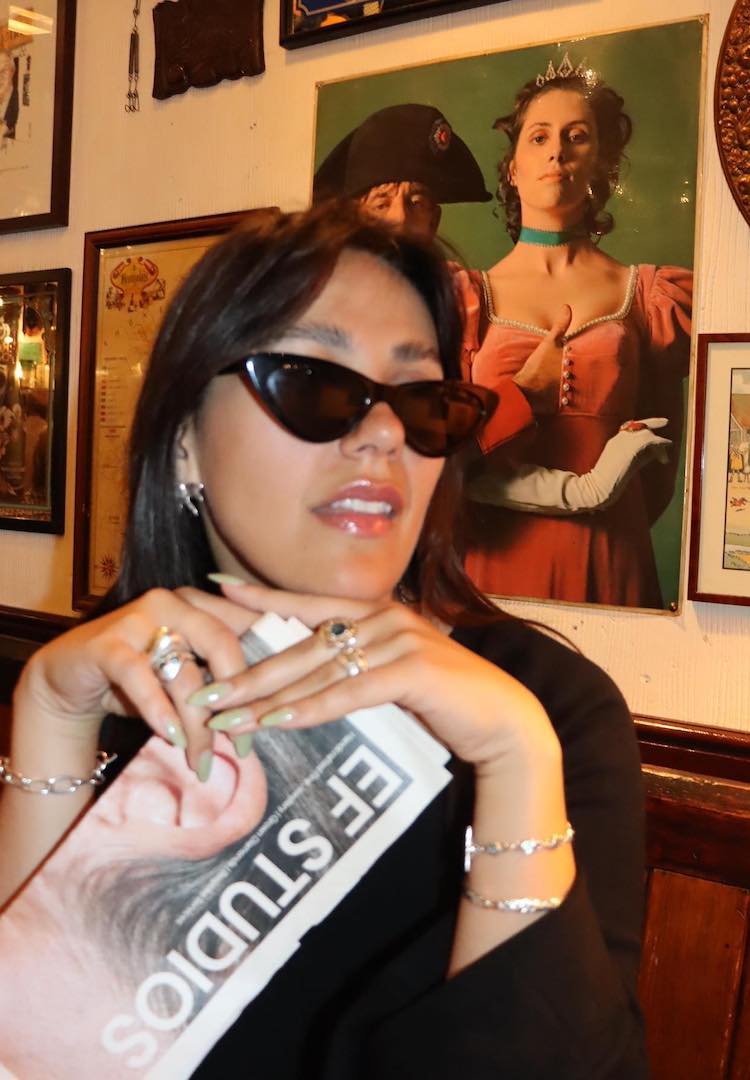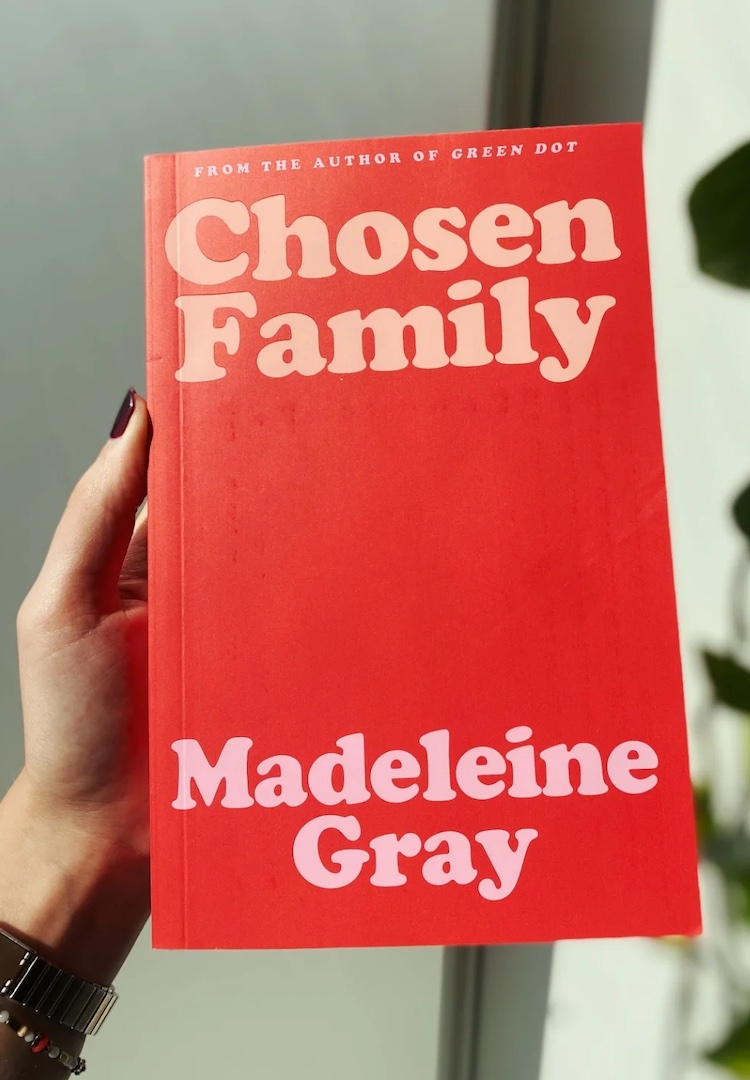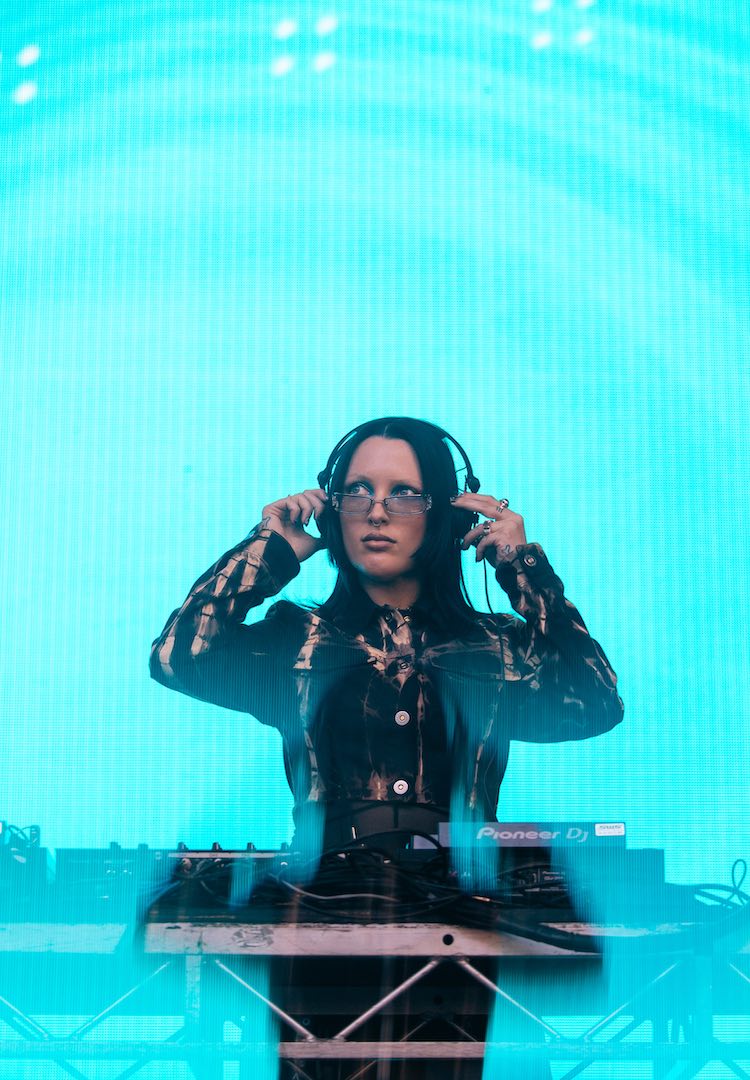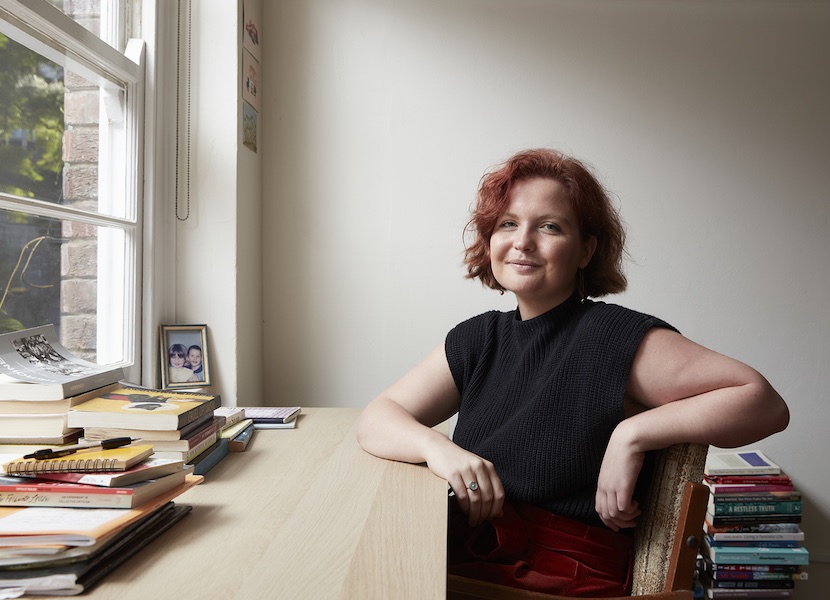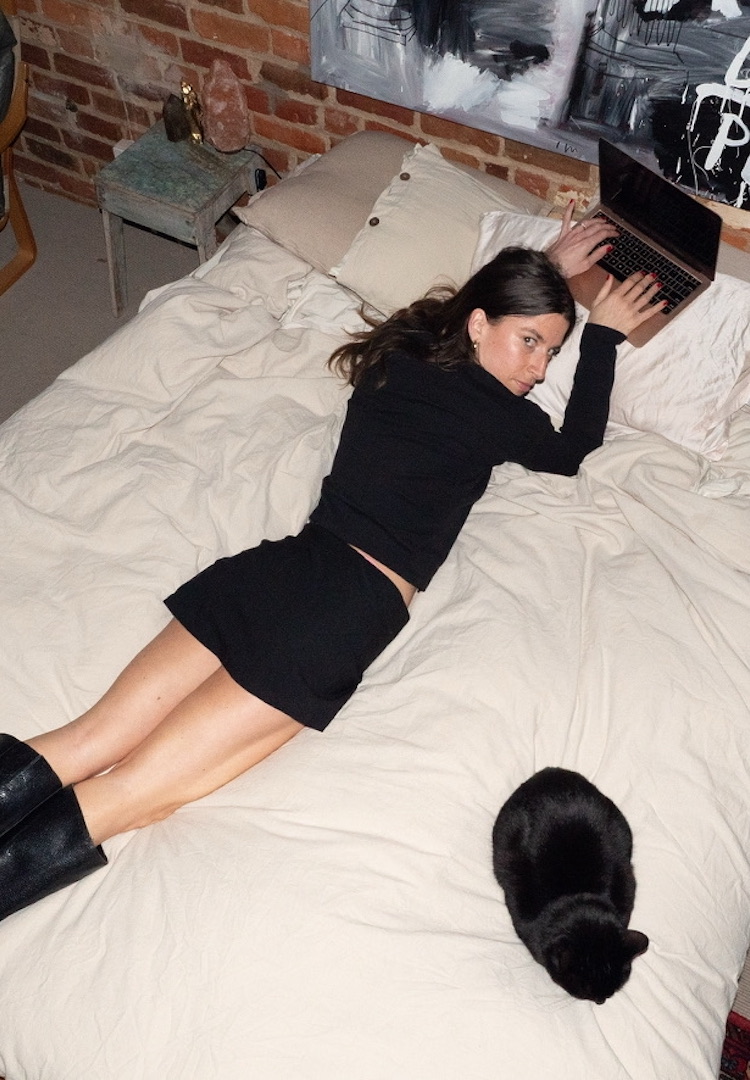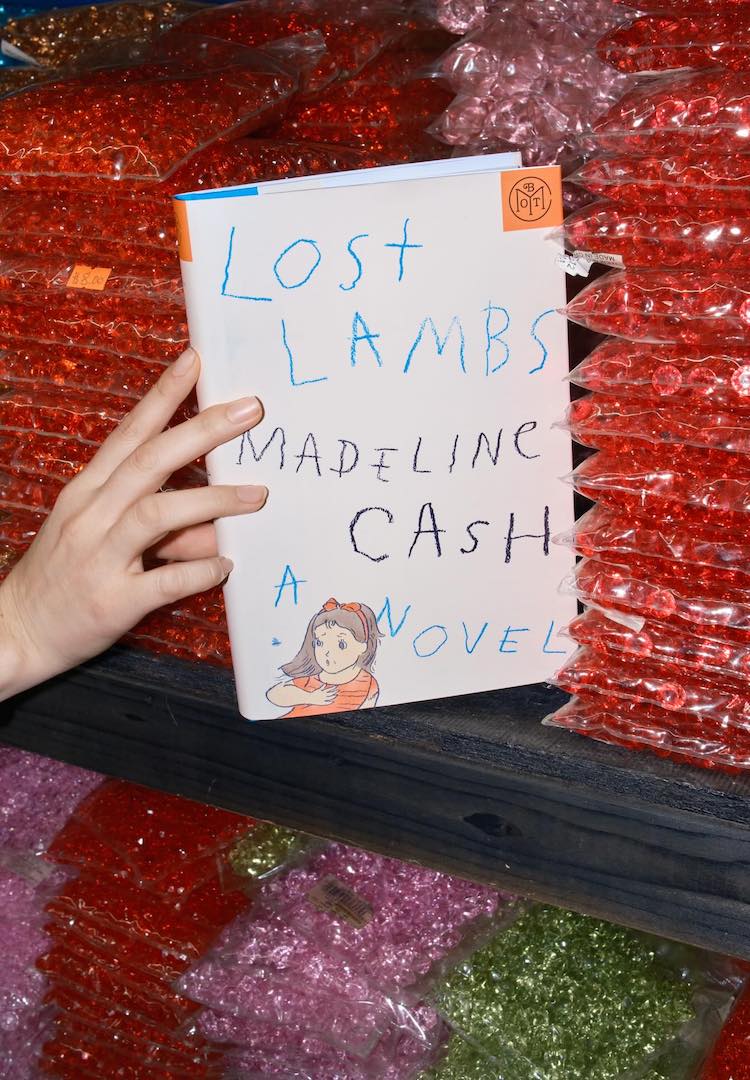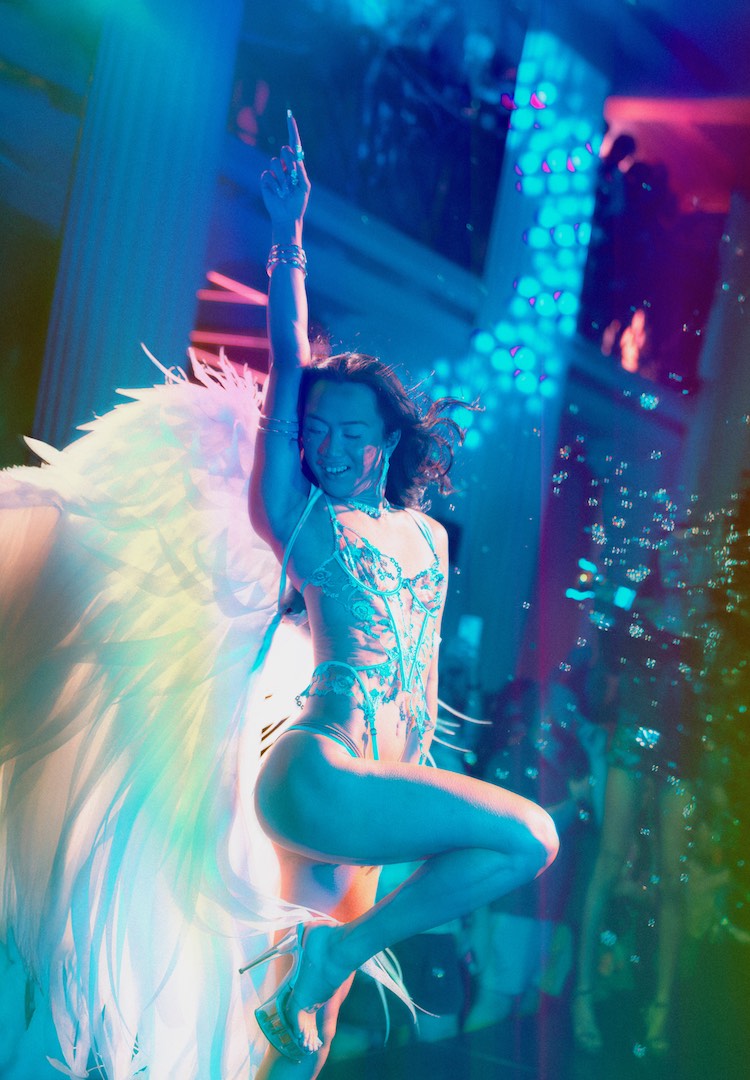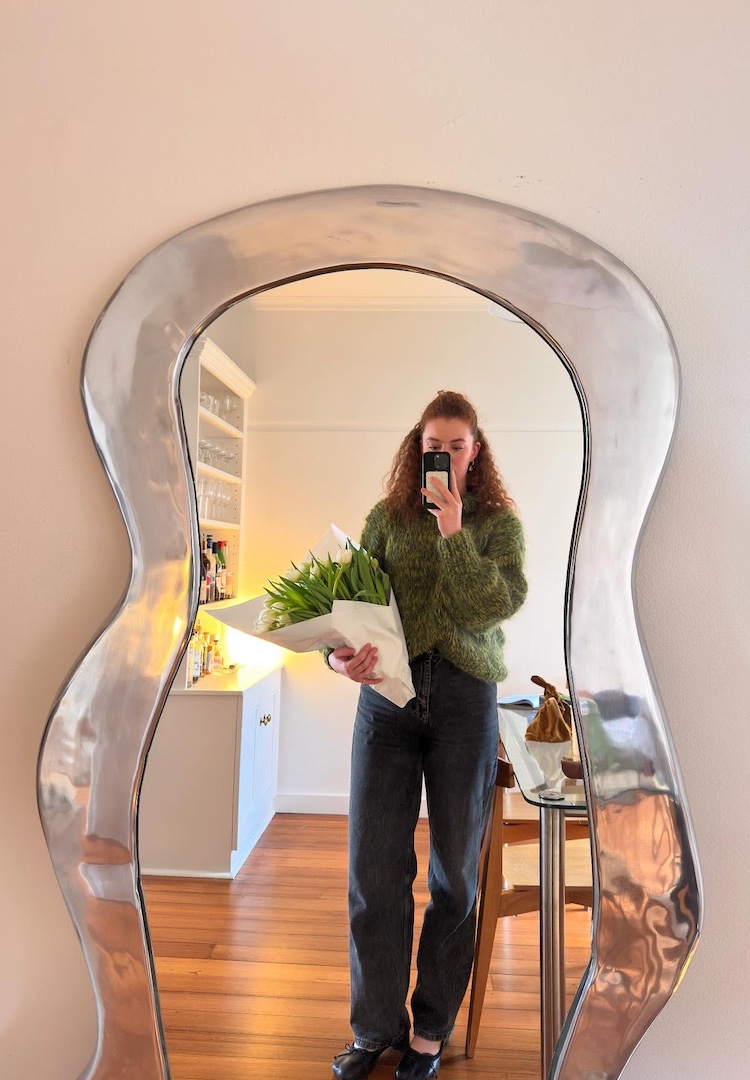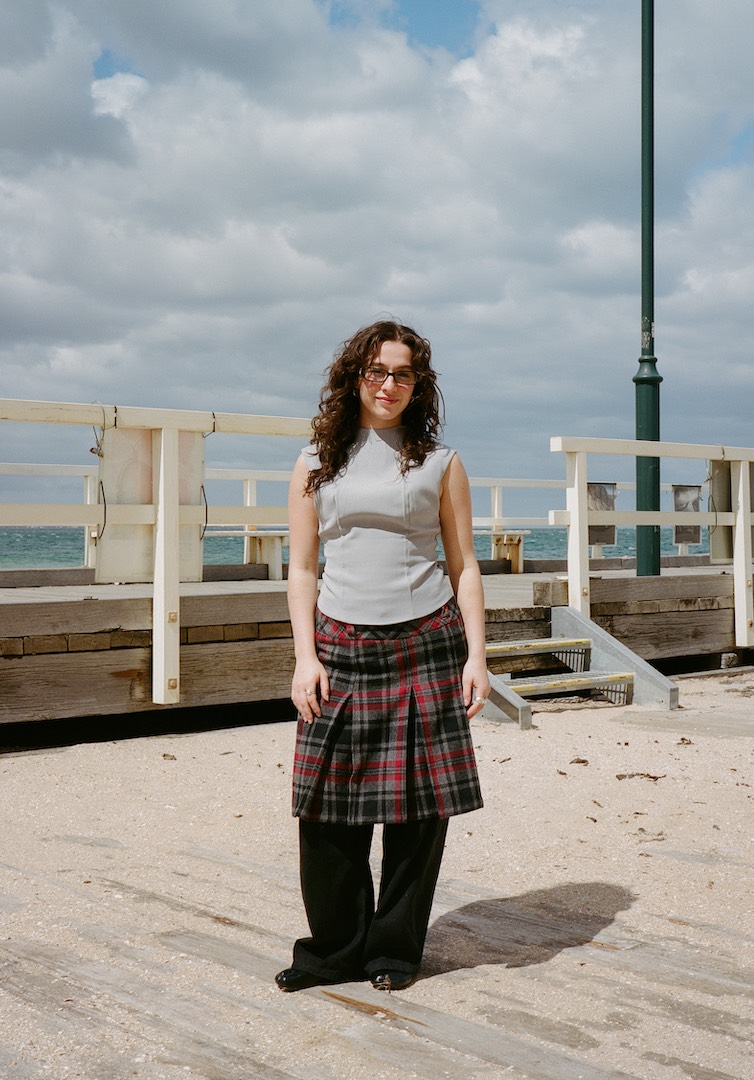Madeleine Gray’s latest novel interrogates female relationships and platonic parenthood
IMAGEs VIA @wnbooks/instagram and Zan Wimberley
WORDS BY DAISY HENRY
“Surely raising a child with someone you trust implicitly and don’t have sex with makes more sense than the other way round?”
Australian writer Madeleine Gray’s debut novel, Green Dot, tells the story of a mid-twenties content moderator who strikes up an affair with her older, married work colleague. It’s a funny, tender, existential read that’s deeply relatable (whether you’ve partaken in an affair or not).
Her latest release, Chosen Family, is similar and yet completely different. This time, there’s not one straight male character in it. Not one. “I was sick of having to talk about men so much in the press for Green Dot,” Madeleine tells me, half-joking. Chosen Family, in her words, is the ultimate passing of the Bechdel test. This time, she turns her gaze to the complexity of female relationships.
Want to read more about how others navigate the world? Head to our Life section.
It follows protagonist, Eve, tracing her relationship with Nell from high school, through university and eventually into motherhood. Set over the course of 18 years, Chosen Family explores the dichotomy of having someone in your life who is both your source of inspiration, and your undoing.
The story stems partially from Madeleine’s personal experience (“Why is it that every queer person I know (including me) has a story about having an intense friendship breakup in high school that years later they realise was probably their queer root?” she asks), and partially from cultural analysis (“Why do more people not choose to have children with their platonic best friends?”).
While the book unpacks plenty of important questions, humour is the circuit breaker. It’s flawlessly gritty, messy, devastating and real. It’s the kind of book you start on a Saturday morning, and spend the whole weekend bingeing.
To celebrate it officially landing in bookstores today, we caught up with Madeleine for a (spoiler-free!) chat about her writing process, key themes and humour as a coping mechanism.
Fashion Journal: Hi Madeleine, congratulations on your new release! When did the idea of Chosen Family first come to you, and did you start writing right away?
Chosen Family is the result of years of thinking obsessively about two things for a long time. First, why is it that every queer person I know (including me) has a story about having an intense friendship breakup in high school that years later they realise was probably their queer root? How do these formative betrayals, so laced with confusing desire, shape us?
Two, why do more people not choose to have children with their platonic best friends? Surely raising a child with someone you trust implicitly and don’t have sex with makes more sense than the other way round? I knew I needed a plot that involved both these questions, and thus Chosen Family was born.
View this post on Instagram
The book spans 18 years, starting when the girls are teenagers, following them into uni and finally, to motherhood. Did you write chronologically and edit, or jump around?
I jumped around! For me it was helpful to write a section from the past timeline, then jump to the present, then back, because that’s the way that memory is structured, that’s the way our minds combine past and present. All of our lives live inside our heads at all times. I wanted to get at that in the structure of the book and in the way that I wrote it.
Nell and Eve’s relationship is described as being like “a life-raft that is also a poison apple that is also a Medusan stare, frozen in time”. Without giving too much away, can you explain what this means? What about their friendship is sustaining, what is toxic?
I mean, that’s the crucial question of the novel, so to unpack that I’d probably just have to copy and paste the whole book here! But to begin, at least, it means that their relationship is the best and worst thing in their lives – their intense love is what inspires each of them to live and create and find meaning each day, but it is also the thing that is each others’ undoing.
The Medusan stare thing goes back to mythology. Medusa is said to have frozen anyone who met her gaze. What I wanted to think about with Eve and Nell was if there ever might be a world in which Medusa could be frozen right back, what happens when you find the person who can undo you as you undo them?
Humour is a big part of Eve’s characterisation. Is her humour a shield, a coping mechanism or a defence in any way?
Humour is the only way to cope in the world! I’m a firm believer in this. Anyone who sees the darkness of the world and does not also find it funny must have a very, very hard time of it. Humour is the circuit breaker, humour is the rupture. Not to laugh is not to live. Eve knows this, and so does Nell. Dark humour is also specifically so much a queer coping mechanism, and a coping mechanism for anyone who is unfairly subjugated.
Green Dot focused on the affair between a younger woman and married, older man. Why did you want to explore female friendship, queer love and motherhood in this book?
Because I was sick of having to talk about men so much in the press for Green Dot! I jest, but honestly, my life has been defined by my female friendships and my relationships with women, and I wanted this novel to be a space where those kinds of relationships could be distilled and explored with the complexity and grace that they deserve. This book is the ultimate passing of the Bechdel test, there isn’t even a straight male character in it.
Did you read any books or consume any other media while writing to help with research?
Of course! I am always inspired by the work of other artists as I write. In terms of novels: Ali Smith’s Like, Eleanor Catton’s The Rehearsal, and Henry James’ What Maisie Knew were extremely formative.
With music, I was listening to a lot of Kate Bush, Laura Marling, Meg Mac and, more randomly, The Highwaymen. Plus, I cannot escape the hold that Loudon Wainwright III had on me while I wrote this book.
Find Chosen Family here.

